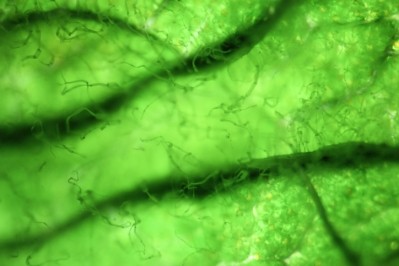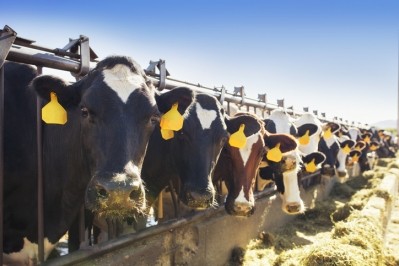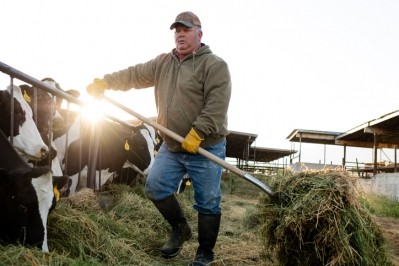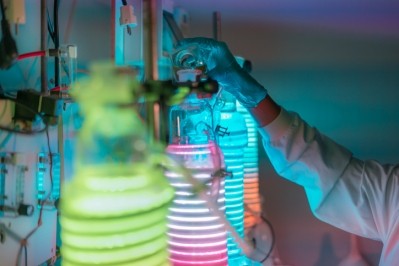US academic recognized for animal feed enzyme work

The NAI Fellows Program highlights academic inventors who have demonstrated a spirit of innovation in creating or facilitating outstanding inventions that have made a tangible impact on the quality of life, economic development, and the welfare of society.
The inventor of 21 US patents and another 49 patents in 27 countries, Dr Lei was among the first to demonstrate that nutrients like phosphorus, calcium, zinc and iron become more bioavailable to animals when their feed is supplemented with phytase.
His lab developed a new generation of novel phytase enzymes from bacterial genes that are now used in 46 countries, according to Cornell CALS.
“Dr Lei’s pioneering and internationally recognized research program in animal nutrition resulted in inventions that directly impacted industry practice and benefited animal production and the environment,” said Alice Li, executive director of Cornell’s Center for Technology Licensing (CTL).
“His dedication and contribution to animal nutrition and environmental sustainability are exceptional," she added.
Waste to protein product
Dr Lei’s lab is currently looking to apply genomics, proteomics, and bioinformatics to reveal feather-degrading mechanisms of microbes and developing novel proteases for converting over 100 million tons of poultry feathers into feed protein supplements.
The team is also collaborating with the biofuel industry to evaluate defatted microalgal biomass as a new source of feed protein for broiler chicks, layer hens, pigs, and pets. That work is funded by the US Department of Agriculture and the US Department of Energy.
The researchers outlined the context for that research:
“The fast growing world population and the accelerated urbanization lead to a greater demand for animal production and in turn the need for animal feeds. Because the major energy and protein feeds, such as corn and soy, are staples for human diets, their massive use in the animal feeding creates a direct competition with human consumption.
“Alternative feed ingredients must be explored to sustain the current growth in animal production.”















